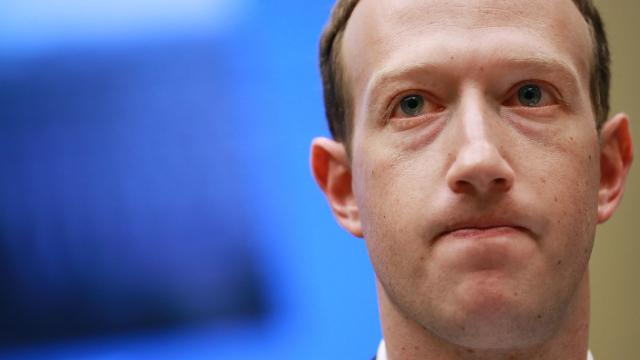If at first you don’t succeed, try, try again, the old maxim goes, and apparently, that advice counts double if you’re Facebook, a company that has at this point tried a cartoonish number of times to install a high-capacity internet conduit between California and Hong Kong only to be continually thwarted by the U.S. government.
On Wednesday, the Wall Street Journal reported that Facebook had scrapped plans for the latest iteration of its proposed cable, thanks in large part to mounting pressure from U.S. national-security officials who worry that Hong Kong’s legal autonomy is increasingly in jeopardy.
“Due to ongoing concerns from the U.S. government about direct communications links between the United States and Hong Kong, we have decided to withdraw our FCC application,” a Facebook spokeswoman said in a statement. “We look forward to working with all the parties to reconfigure the system to meet the concerns of the U.S. government.”
While Facebook told the U.S. Federal Communications Commission that it had withdrawn its most recent build application for the Hong Kong-Americas project — also known as the HKA — it’s not the first time the social-media giant has endeavoured to establish a fibre-optic cable connection between the two regions. In September 2020, the Trump administration put the kibosh on a separate plan that put forth between Facebook and Google to construct an 12,875 km-long broadband cable between Hong Kong and Los Angeles.
That project — known as the Pacific Light Cable Network (PLCN) — had been first proposed in 2016, and had been fully built out with the intention of connecting the U.S. to Taiwan and the Philippines in addition to Hong Kong before it stalled. Currently, builders are still seeking permission to activate the existing data links in order to bring the cable online.
As pro-democracy protests raged on in Hong Kong in 2020, the Chinese government cracked down on the special administrative region by implementing new regulations on its internet as part of a sweeping new national security law. In July, tech titans including Google, Facebook and Twitter announced that they had suspended processing requests for user data from Hong Kong law enforcement agencies due largely to concerns that sharing the data could amount to a violation of human rights.
“We believe freedom of expression is a fundamental human right and support the right of people to express themselves without fear for their safety or other repercussions,” a Facebook spokeswoman said at the time.
